Marijuana News
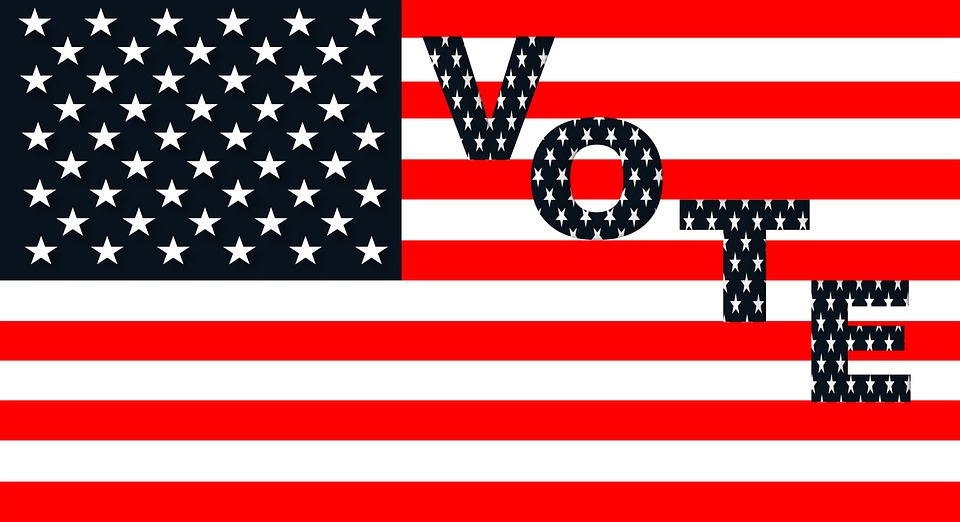
Presidential Candidates Discuss Marijuana Legalization
With the political world racing toward the coming 2016 presidential election, each presidential candidate is expressing their own view on marijuana legalization.
When asked if Hillary Clinton was ready to take a position on whether the federal government should legalize cannabis, she responded that she still believes more research and observation is needed to make an informed decision.
By observing the states that are currently pursuing recreational marijuana, Clinton believes that we have the ability to learn even more than what we know today.
Clinton does strongly believe, however, that we need to stop imprisoning people who use marijuana and would like to see the states, cities and federal government work on addressing this issue immediately.
As the elections continue to near, we will see more and more views on medicinal and recreational marijuana from each presidential candidate.
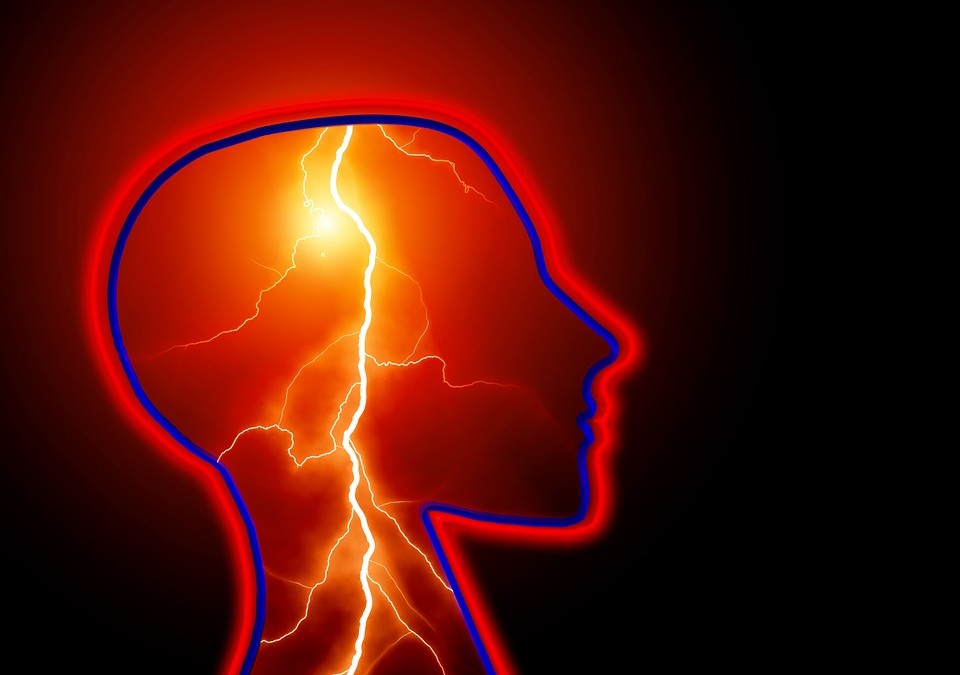
Medical Marijuana and Pediactric Epilepsy
More and more parents are turning to the use of cannabis as a last saving hope for their kids with various diseases and disorders, typically involving severe seizures.
In this Ted Talk, Josh Stanley talks about his history with cannabis and how he and his family set our to grow a strain of marijuana that was low in THC (the compound causing the euphoric feelings), and high in CBD (the non-psychoactive compound).
Cannabidiol (CBD) has been proven to have anti-seizure, pain relieving, anticancer properties, and more. While a strain of cannabis extremely low in THC would not be targeted toward those looking for the psychoactive effects, it has the potential to help those in medical world immensely, regardless of age.
After countless hours of research and a finalized cannabis strain high in CBD, Josh Stanley has seen outstanding results with pediatric epilepsy. After even more research, Stanley expects to see results that could completely knock out pediatric epilepsy among other disease symptoms.
To learn more about the story of Josh Stanley, watch the full Ted Talk below.

Cannabis Coming to Your Sleep Rescue
Cannabis can often be used as a sleep aid, even for people with the most stubborn insomnia. While many know that the use of marijuana often can help with a good night’s sleep, there is much more to the relationship than you may think.
Here are 10 things to know about cannabis and its relationship with sleep:
- Indica strains tend to be better sleep aids
- Marijuana use can help you fall asleep faster
- Dry, aged cannabis can make you more tired
- CBD and THC affect sleep in different ways
- Pairing cannabis with a natural sleep aid can maximize the effects
- Nighttime cannabis use may cause a mild “hangover”
- Cannabis inhibits REM sleep and dreaming
- Marijuana may help to promote better breathing
- A halt in long-term use may actually worsen sleep
- Using marijuana before the age of 15 could cause sleep problems down the road
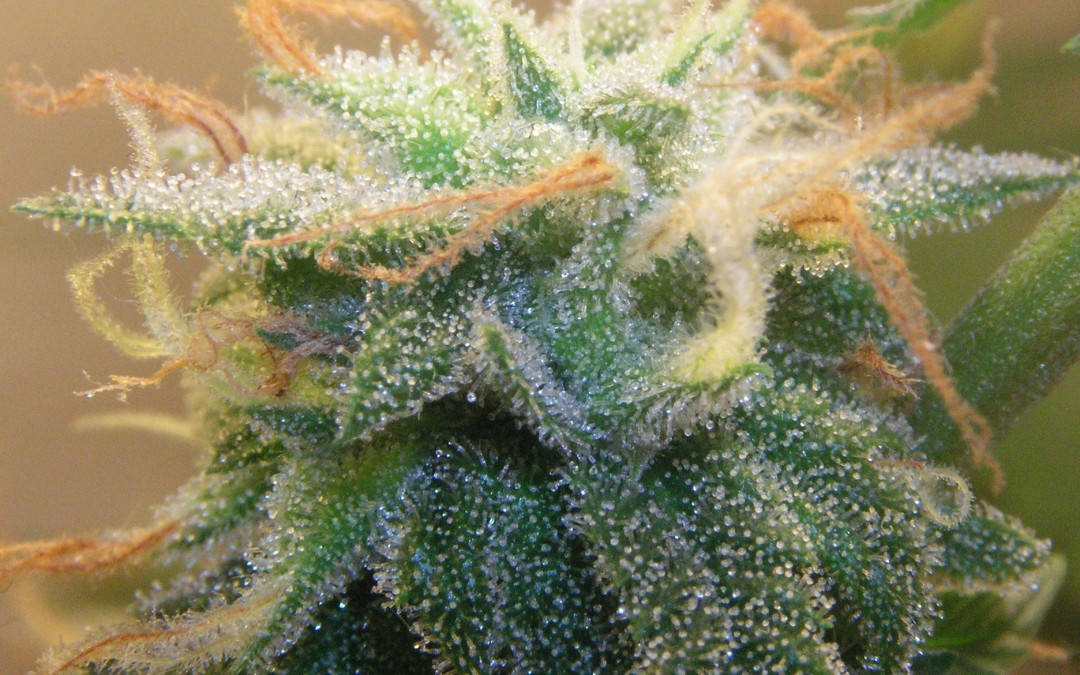
Cannabis Startups are a Budding Business
We are seeing new innovations with cannabis daily, and some companies are even incorporating “cannabis tastings” into their business plans.
Cannabis grower, Nikki Lastreto, compares these tastings to wine tastings that so many people love to take part in. Similar to swishing it around you mouth and bringing in the full flavors as you do with wine, these “cannoisseurs” taste all of the different flavors of the many strains available.
With marijuana growing in legality by the month, cannabis startups have become a budding business. Outside of the enormous number of startup grows and dispensaries flourishing around the United States, there are companies introducing new ideas, such as a medical marijuana delivery service in San Francisco.
“Farm to table” has taken a new twist with marijuana, as you can look at it as “farm to pipe”. Many dispensaries are giving their patients direct access to the farmer of the plant, so they can see who grew it, how they grew it and where they grew it.
To learn more about the newest cannabis startups, watch the video below.

Ottawa Moves Forward With Marijuana Plan
Bill Blair, the Canadian Parliamentary Secretary for Public Safety, recently spoke about the government’s strategic plan for legalizing marijuana. Many countries are opting in to marijuana legalization either for medical or recreational purposes, but before the laws come into action, they must present their reasoning and viable game plan.
Blair believes that this legalization will help to achieve each of the following:
1.) Prevent Canadians from entering into the criminal justice system for minor and nonviolent marijuana possession charges
2.) Reduce significant criminal justice expenses associated with arresting and prosecuting nonviolent marijuana possession charges
3.) Protect public health and safety by reevaluating and strengthening laws around those who provide marijuana to minors, those who operate a motor vehicle under the influence of marijuana, and those who sell the drug outside of the regulatory framework
4.) Establish a strict system for sales and distribution
5.) Garner research to reduce the harms associated with marijuana use
6.) Provide access to medical marijuana for those in need
7.) Ensure safe and responsible production and packaging
The Canadian government is hoping that strict regulation will replace the criminal sanction association with marijuana use to protect and keep their communities safe.

The States Most Likely to Stay Away From Legalizing Cannabis
Marijuana has been illegal in the United States for nearly 80 years. However, despite this ban, the country’s attitude toward cannabis has been rapidly changing. In 1969, only 12% of Americans fully supported legalizing pot. Today, according to the most recent Gallup poll, 58% of Americans are now in favor of legalizing the drug.
With that said, many states still feel that it is not in their best interest to make marijuana legal either medically or recreationally. In the coming years, these states are the least likely to legalize marijuana:
- Alabama
- Arkansas
- Georgia
- Idaho
- Indiana
- Kansas
- Oklahoma
- South Dakota
- Tennessee
- Utah
- Wyoming
It is not to say that these states will not have marijuana legalized in some form in ten years, but the likelihood of recent change is slim. The states mentioned above tend to play a more conservative role in the political spectrum and have serious repercussions for marijuana use, leading to low usage of the drug.
A change in federal legislation around marijuana would also have a heavy impact on current state legislation.

Senator Elizabeth Warren Calls For More Research On Medical Marijuana
Senator Elizabeth Warren discussed the need for more research on medical marijuana at the February 2016 Aging Committee hearing entitled: “Opioid Use Among Seniors – Issues and Emerging Trends.”
Cannabis is showing promising signs of helping multiple conditions, including chronic pain. It is even helping people, where many pharmaceutical drugs have failed. However, much more research needs to be done to fully understand medical marijuana’s impact on a number of health conditions.
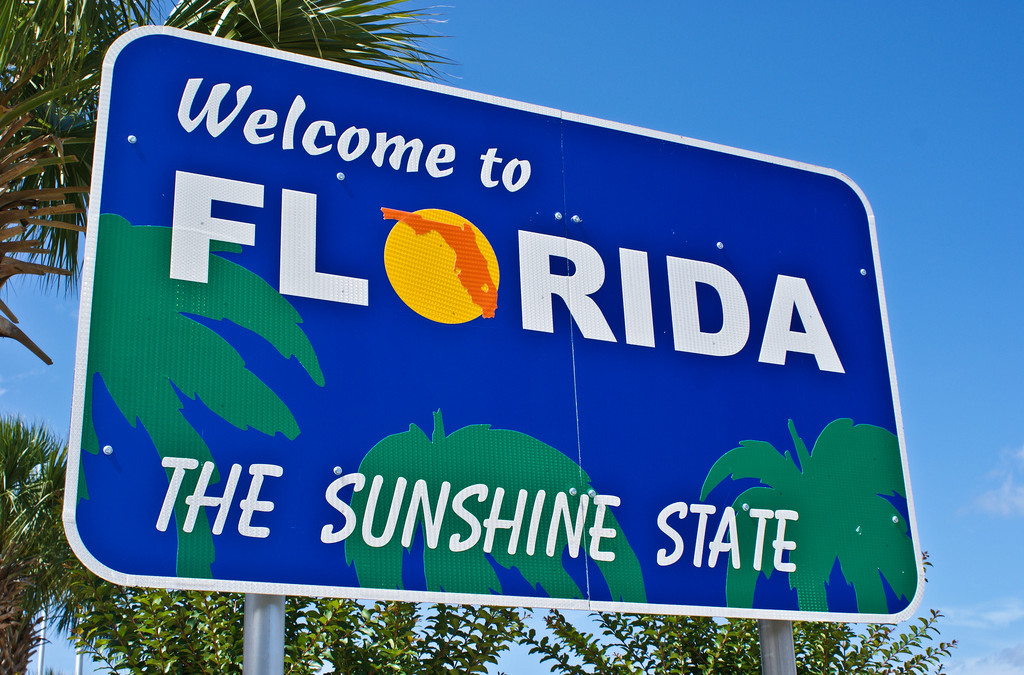
Florida Mom Pushes for Medical Marijuana Legalization
Just two years ago, Florida put medical marijuana on the ballot and lost by majority. Today, voters are gearing up to try it again and many are hopeful that it will pass.
For one mom in Florida, the push toward marijuana legalization comes from her sons need for the drug after being diagnosed with a rare disease at age 8. Now a teenager, he suffers from daily seizures and marijuana is said to be the only drug since diagnosed that has completely removed his seizures and improved his quality of life.
The number of reasons that people are pushing for legalization varies greatly, but one thing stands certain- they want this bill to pass as soon as possible.
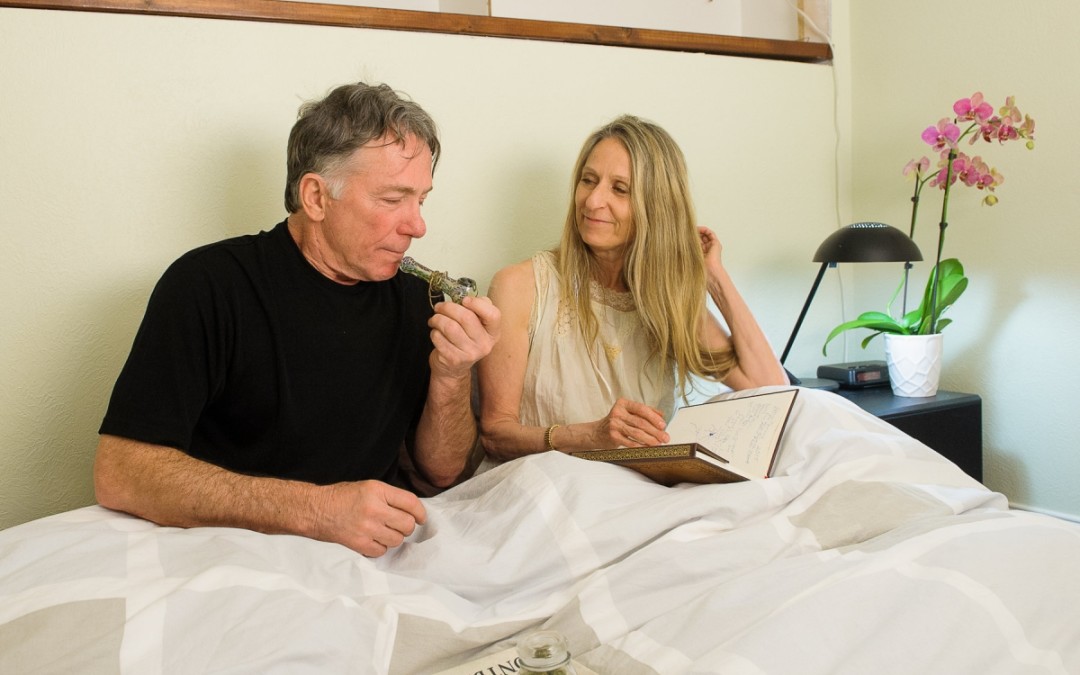
Marijuana Compound CBN as Effective as Mild Pharmaceutical Sedatives
Most people have heard of a chemical called THC, which is the ingredient in marijuana that gets consumers high. But recently, attention has shifted to another compound in marijuana called CBD. Unlike THC, CBD does not cause a high and is non-psychoactive, yet provides many medicinal benefits including helping with chronic pain and inflammation.
What you may not know about is a compound called cannabinol, or CBN, which also has many therapeutic benefits! According to Steep Hill Labs, 5mg of CBN is as effective as 10mg dose of diazepam, a mild pharmaceutical sedative.
Other CBN benefits include:
- Pain relief
- Anti-insomnia
- Promotes growth of bone cells
- Antibacterial
- Anti-inflammatory
- Anti-convulsive
- Appetite stimulant
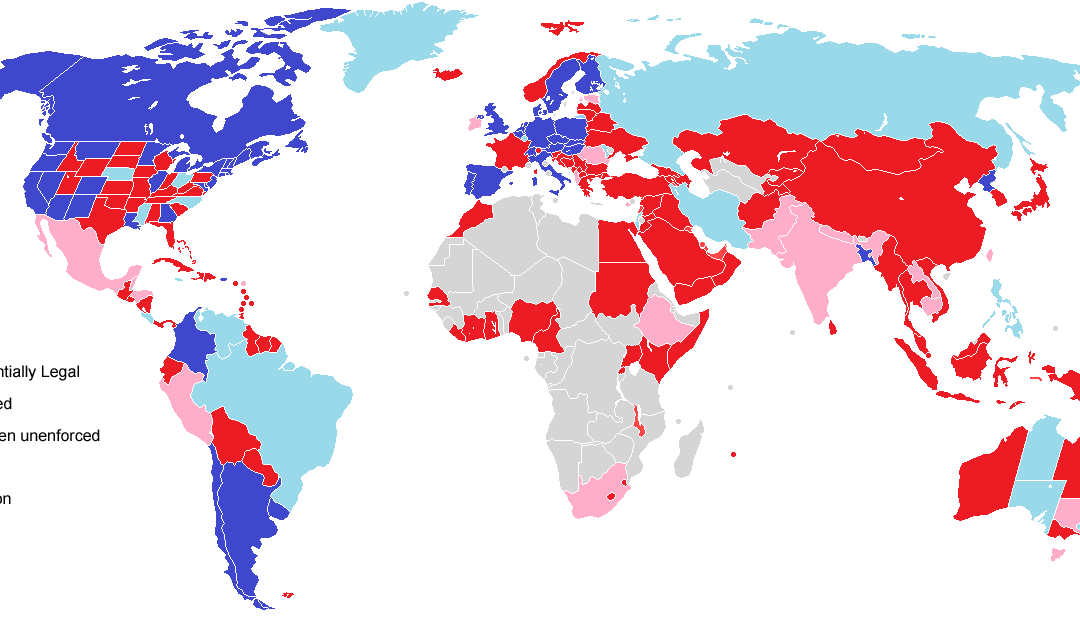
Marijuana Legalization Across the Globe
Marijuana legalization is exploding over the U.S, but what does it look like for the rest of the world? The legality of cannabis varies from country to country and while the drug may be legal to possess in one country, that same act could mean serious jail time in another.
Currently, the countries with the least restrictive cannabis laws include:
- Bangladesh
- Cambodia
- Canada
- Chile
- Colombia
- Czech Republic
- India
- Jamaica
- Mexico
- Spain
- Uruguay
- Germany
- The Netherlands
- North Korea
- Some U.S states
- Some territories of Australia
On the other side, the countries that currently have the strictest cannabis laws are:
- China
- Egypt
- France
- Indonesia
- Japan
- Malaysia
- Nigeria
- Norway
- The Philippines
- Poland
- Saudi Arabia
- Singapore
- South Korea
- Thailand
- Turkey
- Ukraine
- United Arab of Emirates
- Vietnam
Many countries not on this list have not physically legalized marijuana in any form, but have decriminalized the possession or small amounts of cultivation of the drug.

Recent Comments